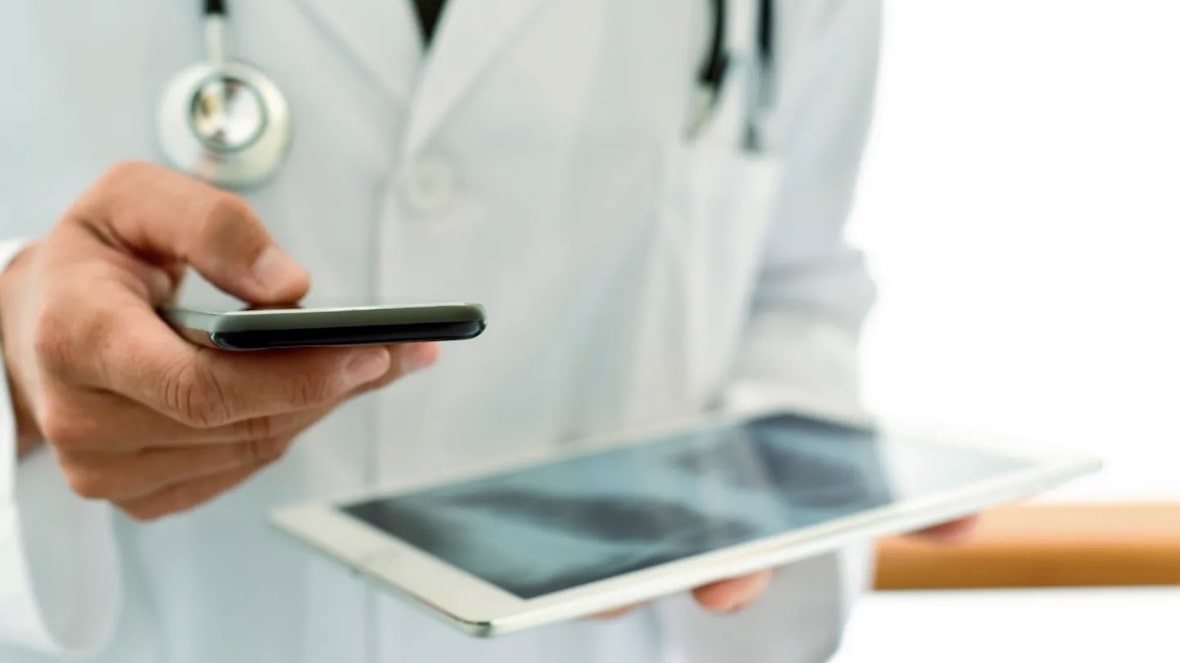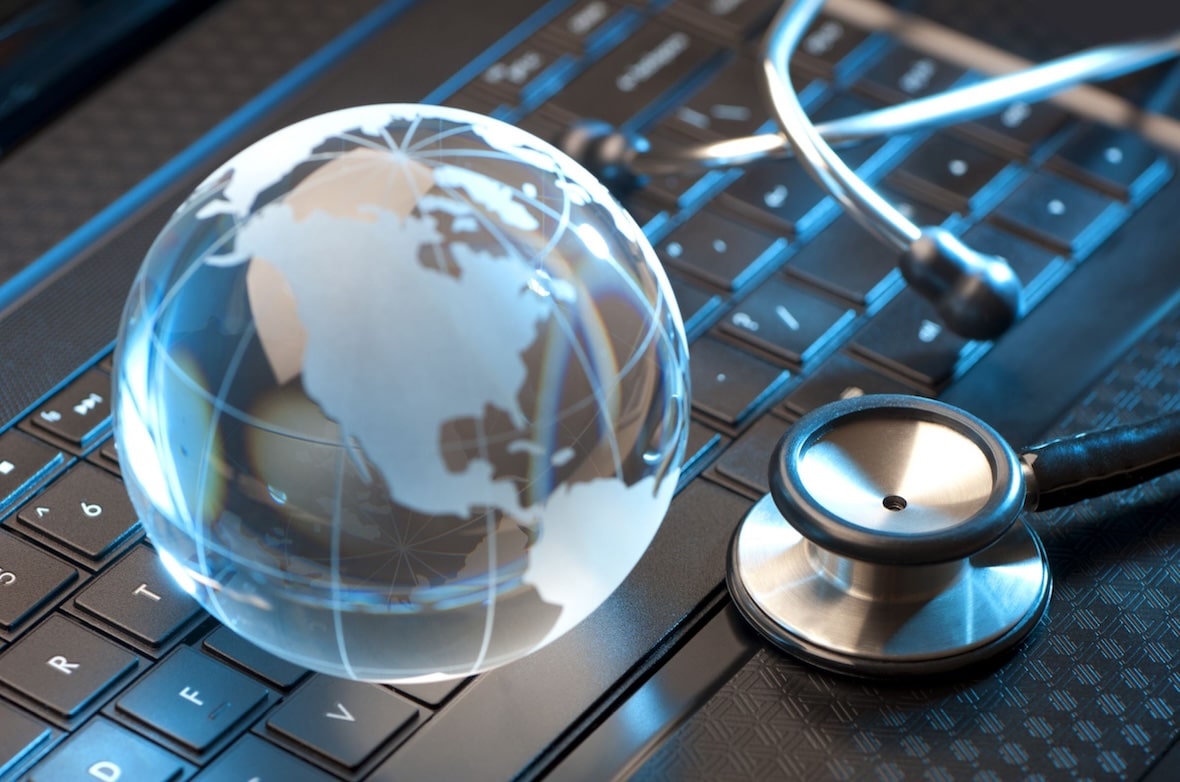In mid-February, the government launched a white paper to reform the English NHS. The ‘Integration and Innovation’ document will formalise the creation of integrated care systems already being established across regions in England, shifting the focus away from commissioning to population health management, bringing together health and social care and integrating them to better serve the population.
The creation of ICSs and the implications for healthcare technology means there is a need for shared care records to enable health and care teams to work together, good data to create new care pathways, and good digital services to engage patients in their own care and wellbeing.
Matthew Gould, the chief executive of NHSX, underlined this when he opened an online conference organised by the Health Service Journal to explore digital transformation. “Data is not an afterthought referring to the white paper,” he said.
“It says from the outset that you need data to do integrated care and you need digital to put patients at the centre of their care. That is what the future needs to look like.” To support this agenda, NHSX has urged all healthcare economies to have a ‘basic’ shared care record in place by September this year.
Gould said NHSX is also working on new guidance to define “what good looks like” and “who pays for what” to support progress, and on blueprints or “playbooks” for patient pathways that will “explore the potential of remote monitoring in particular.” Working with existing customers and health economies, Orion Health can help meet this deadline, while laying the foundation for a digital future.
Expanding telehealth in Liverpool to support Covid patients
When it comes to remote monitoring, there is plenty of good work to build on. For example, Liverpool is recognised as a pioneer. Its community and mental health provider, Mersey Care NHS Foundation Trust, operates a nurse-led hub to help people living with long-term conditions.
Patients use telehealth devices or their own mobile phones to take readings or fill in questionnaires. Data is uploaded to the Docobo system used by the hub, where nurses can arrange intervention or support if any problems are indicated.
Mike Fisher, the chief clinical information officer of the Liverpool Heart and Chest Hospital NHS Foundation Trust, told the HSJ conference that although the project has grown to be one of the largest telehealth systems in Europe, it had been “quite disconnected” from acute services until Covid-19 struck.
During the pandemic, however, the Trust worked with Mersey Care to monitor patients at risk of “silent hypoxia” or very low oxygen levels, using pulse oximeters from the national Covid Oximetry@Home programme.
Dr Fisher explained that clinicians used a Trust-built system to refer patients to the scheme, set up a daily call on Microsoft Teams to review the results collected by the hub, and kept a note of their progress on its Allscripts electronic patient record. “It has been very successful,” he said.
“It has also taught us a number of lessons. The first is that it is important to know what resources you have got to work with because the resources we needed were spread across three or four different organisations.
“The second is that without enthusiasm and commitment nothing happens. And the third is that when you have an opportunity like that presented by Covid, you need to keep an eye on the future, and to think about how you can use what you are doing in the long-term.”
New impetus for remote consultations and monitoring in Hampshire
All these points resonated with Jane Hayward, director of networks at Hampshire and the Isle of Wight integrated care system; another digital pioneer moving its long-standing shared care record to the Orion Health platform already in use by its neighbour, the Dorset Care Record.
She said its experience of Covid had been “similar but different” because it had set up a scheme for a wider group of patients that could be monitored by primary care. “We are supporting around 90 people per day, people on pulse oximetry and people who can tell us how they are, via a platform for nurse contact,” she said.
“It has made a huge difference to patients.” Hayward said she would be “keen” to exchange experiences with Liverpool and suggested that one of the roles of an organisation like NHSX should be to swap approaches and lessons learned.
In the meantime, she said Hampshire and the Isle of Wight had seen two further digital developments during the pandemic. The first is a rapid move to online appointments, with as many as 60-70% of GP consultations being conducted over the telephone or, much less frequently, video link.
The second is “real progress” on supporting patients with long-term conditions, using the My Medical Record platform developed by University Hospitals Southampton NHS Foundation Trust.
My Medical Record enables patients to track test results, receive advice, and communicate with their clinical teams and each other, and Hayward said it has huge potential in a county that not only needs to support patients on the Isle of Wight but as far away as the Falkland Islands.
Build platforms, plan for the future
These experiences also resonated with Lisa Hollins, the director of innovation at NHSX. She assured Hayward that the agency is not only looking to spread lessons learned, but to draw up some general principles for healthcare economies to follow.
One of these principles is that areas shouldn’t allow platforms and apps to proliferate; they should, instead, look for a platform that can manage IDs and logins. “We need to start with infrastructure,” she said. “We do not want to have lots of apps asking for different information. We want platforms that everybody can link to.”
Hollins added that another principle was platforms should be able to use the proliferation of “small devices” individuals have been buying for themselves over the past year – not just pulse oximeters, but digital thermometers and blood pressure monitors.
Orion Health is already a long way down the line when it comes to addressing these issues. At the heart of the company’s approach is the Amadeus health data platform, which sits under its shared care record, team working and care co-ordination products, analysis platform and patient portal.
Health and care organisations can use the portal to give patients access to information about their care and to access stand-alone products for engagement and remote monitoring. At the same time, Orion Health is developing the Engage Platform to make it easier to authenticate clinicians and patients using external access management solutions, including the NHS Identity Service and NHS Login, and to link to third party apps.
Integration and Innovation for the future
At the HSJ conference product director Nicole Allan focused on how a customer, Quebec, is using the Orion Health remote patient management platform. This enables clinicians to draw up a treatment plan with patients and monitor their progress.
“The information provided to the care team depends on what point on the journey they are on,” she said. “The system can also be accessed across primary and secondary care, so everyone can see and access the plans and they are not constantly asking patients to repeat information.”
Allan said that during the pandemic Orion Health customers have looked to expand their systems. Some have started by looking, like Liverpool, to add video conferencing enabling clinicians to hold virtual meetings with each other and with patients and family, while others are looking to make creative use of new data.
As Allan said: “Telehealth has been around for a long time.” What is new is that its potential has been given prominence by the Covid-19 pandemic and the need to support older populations living with a greater incidence of long-term conditions.
Allan described a project to apply AI to epilepsy data, with a view to sending an alert to patients on the threshold of an attack, so they can “move into a safe location, or make sure they have somebody with them.”
It sounds futuristic, but as the HSJ conference showed, much can be achieved by healthcare economies. It takes digital technology and a secure data platform to support a shared care system, creating the foundation for the future of integration and innovation.




